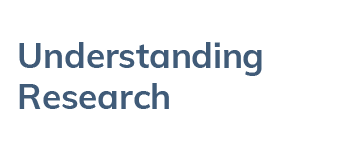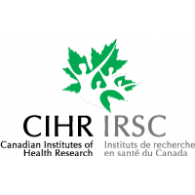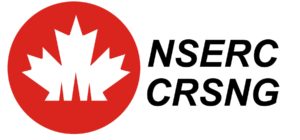Ethics constitute norms of conduct that distinguish and define behaviors that are acceptable, and those that are not. Different disciplines, professions and organizations have norms of conduct that correspond to their needs and objectives.
For example, the Montreal General Hospital and the Barreau du Quebec both have their own norms of conduct specific to their context.
Research ethics correspond to the principles and standards that prevent misconduct (e.g., fabrication, falsification or misrepresentation of research data) and protect the research participants.
Historical context
Research involving humans has been part of medicine for centuries. However, it was in the 19th century, that it truly emerged with the adoption of the experimental method in both science and medicine. By the beginning of the 20th century, the idea of conducting research involving humans was becoming more acceptable, although most studies were first conducted on animals. Unfortunately, research studies in bacteriology at the end of the 19th century and beginning of the 20th century across North America and Europe involved unethical practices. Although medical and scientific associations condemned these practices, this did not result in any professional, disciplinary, or criminal charges. It was only following the Second World War and the Nuremberg trials that such charges were laid. The judges’ verdict in 1947 included a section entitled “Permissible Medical Experiments”, which described ten principles to be followed in conducting research on humans. Known today as the “Nuremberg Code”, it states as its first principle that “the voluntary consent of the human subject is essential”.
“The voluntary consent of the human subject is essential.” (The Nuremberg Code)
Canadian context
A key step to ensure the ethical acceptability of a research project is to have an independent review (i.e., review by someone other than the researchers involved in the study). The first Canadian requirement for an independent review of research protocols by a Research Ethics Board (REB) was in the 1978 Medical Research Council guidelines.
In 1998, the Medical Research Council (now the Canadian Institutes of Health Research-CIHR) together with two other federal research councils, the Natural Sciences and Engineering Research Council (NSERC) and Social Sciences and Humanities Research Council (SSHRC), published a single set of guidelines: The Tri-Council Policy Statement: Ethical Conduct for Research Involving Humans (TCPS) for research involving humans regardless of the field of research.
The Tri-Council Policy Statement: Ethical Conduct for Research Involving Humans – TCPS 2 (2018) regulates research done on human beings in all scientific fields. This policy views the ethical principles as expressions of the overarching value of human dignity and a “compass” to providing necessary protections for research participants while serving legitimate needs of research.
Research Ethics Board (REB)
Given that researchers can no longer evaluate on their own the ethical acceptability of their research projects, this mandate is given to a Research ethics board (REB). A research ethics board is responsible to annually evaluate and approve any research project involving human beings. The ethics boards are usually composed of researchers, ethicists, lawyers, and members of the public. The primary mandate of an institutional (e.g., university, hospital) REB is the protection, safety and well-being of all human participants involved in research conducted under the institution’s responsibility.
Additional resources
- Glossary of Terms: a glossary developed by the Methodological Development Component providing definitions for terms which frequently occur in discussion of research methods.
- Jargon Buster for Research Terms: a glossary developed by the CIHR providing lay language definitions for frequently used health research terms.
- The National Collaborating Centre for Methods and Tools (NCCMT): videos about key concepts related to research evidence and evidence-informed public health from one of six National Collaborating Centers for Public Health in Canada.
- Research4Life Training Portal: a platform with free downloadable resources for researchers. The Authorship Skills section contains 10 modules, including how to read and write scientific papers, intellectual property and web bibliography along with hands-on activity workbooks.
- Ethics Resources: a resource list from Health Canada and the Public Health Agency of Canada’s (PHAC) Research Ethics Board
- Richards, D.P., Birnie, K.A., Eubanks, K. et al. Guidance on authorship with and acknowledgement of patient partners in patient-oriented research. Res Involv Engagem 6, 38 (2020). https://rdcu.be/cJVtE
Tell us what you think of this page
"*" indicates required fields




